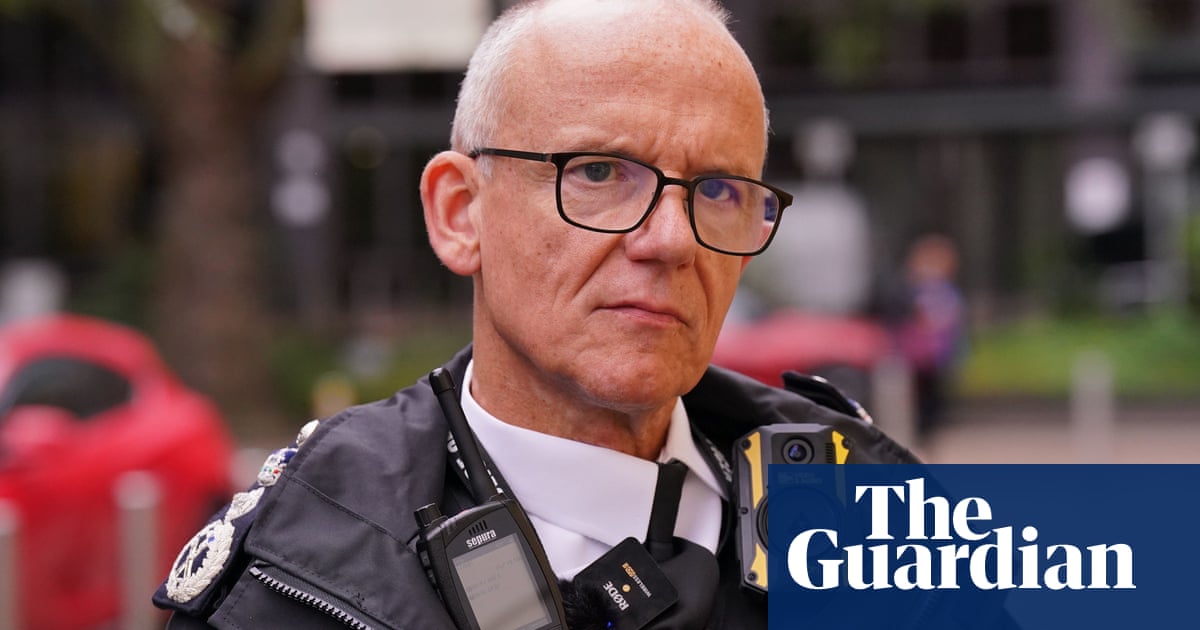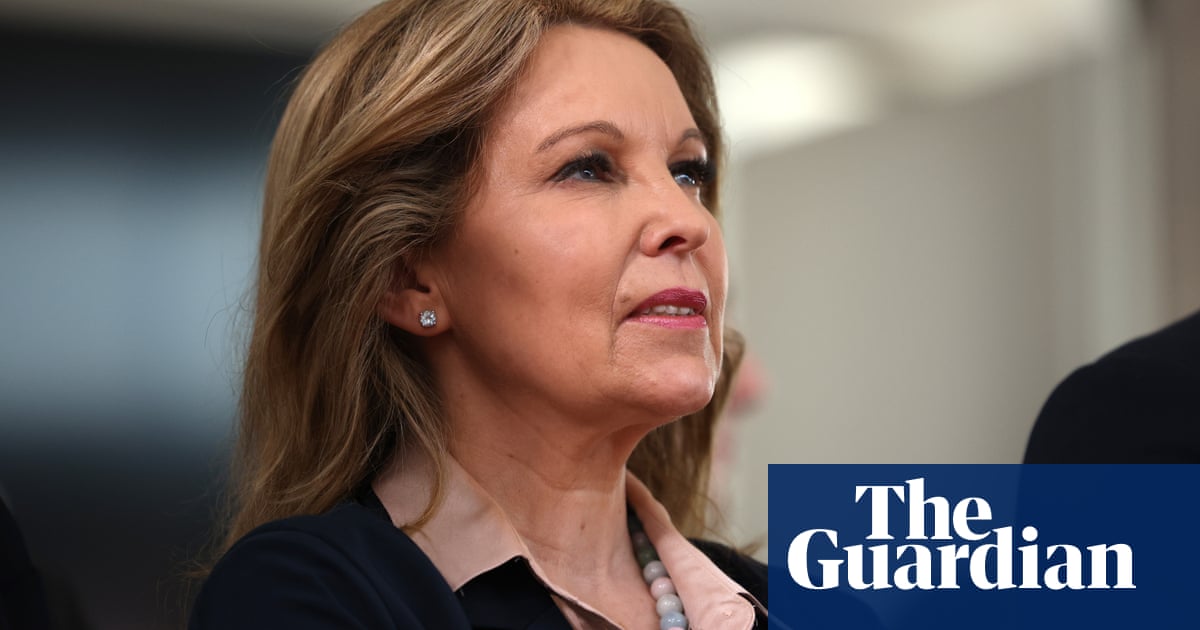
Britain’s top police officer has denied her force’s leadership were too slow to realise it had race a problem and said its controversial tactics have not oppressed young black men but saved scores from being stabbed.
Hitting back at months of revelations and criticism, Cressida Dick said the Metropolitan police, who police more than half of Britain’s black population, had a “strong record”.
The Met has been dogged by claims that its stop and search tactics have alienated black communities and targeted too many innocent people, profiling young black males in particular.
Dick, who has been the Met commissioner since 2017, told a media briefing: “I don’t accept we’ve been too slow. We are an organisation, unlike many I may say, who have been focused on this for many years, have been having the conversations, have been making progress. Our record of improvement is strong. We’ve certainly in the last three years been highly focused on this.”
Former senior black officers have said the Met has been plunged into a race crisis this year. There were a flurry of videos mainly showing innocent people being stopped and searched, after the killing of George Floyd in the US in May spawned anti-racism protests worldwide. Despite the lockdown, more than 250,000 people protested across the UK.
Michael Fuller, a former Met senior officer who became the only black chief constable in the UK, said in August that police were failing to address the racial justice crisis gripping the service.
Dick said some young people were confusing the actions of officers overseas shown on social media with those of British officers. “We’re not unique, but the whole issue of policing and the brand of policing … across the world has undoubtedly been questioned in new and different ways, and some of our young people … will be looking at social media and they might see a video from America and they won’t necessarily distinguish between what’s happened in America, or even in Nigeria and here,” she said.
The Met has signed up to an action plan in conjunction with London’s mayor to boost the confidence that ethnic minorities have in the force. They aim to have 40% of new recruits from ethnic minorities by 2022, as they try to close a huge race gap in the Met’s ranks, which are still disproportionately white compared with London’s population.
Dick acknowledged there was more to do. “This is a large organisation, it’s not completely free of racism of discrimination or bias. We still have further to go. And we’ve been talking with and really acting on the advice, guidance, sometimes concerns of our black, Asian, minority ethnic staff in the last few months, even more than we ever were before, and they’ve informed a lot of the changes in our practices that you are seeing now.”
The Met uses stop and search much more than other forces, accounting for 48% of all stops in England and Wales, according to Home Office figures.
Dick said the tactic ensured the Met met an obligation to protect young black lives and said scores of young men in the last year had been saved from serious knife wounds.
She said: “You’ve seen, for example in the crimes that most appallingly afflict some of our black communities, significant reduction. Now, there is a Covid effect, of course. But I set out to reduce stabbings of young black men and we have been doing that year on year. So, down by 25% between the financial year 2017/18 and the last financial year, and then down again.
“So this year since [the] end of March, 450 less young lads stabbed, and I’m afraid a very high proportion of those as you know [would have been] young black lads … Some crimes horribly disproportionately affect young black people. And we’ve been protecting them.”












